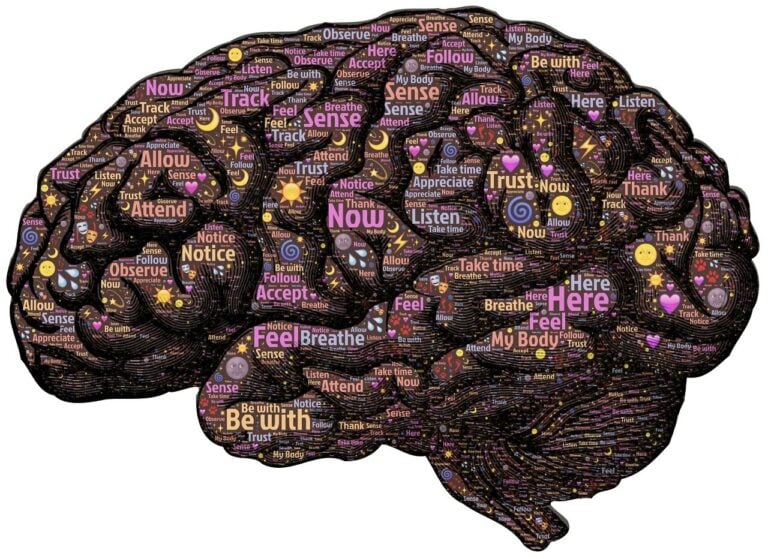
Aphasia: Word Jumbles in Alzheimer’s
Aphasia affects a person’s ability to communicate. It affects language functions, such as speaking, understanding what others say, and naming common objects. Learn its causes, types and a few tips.

Aphasia affects a person’s ability to communicate. It affects language functions, such as speaking, understanding what others say, and naming common objects. Learn its causes, types and a few tips.
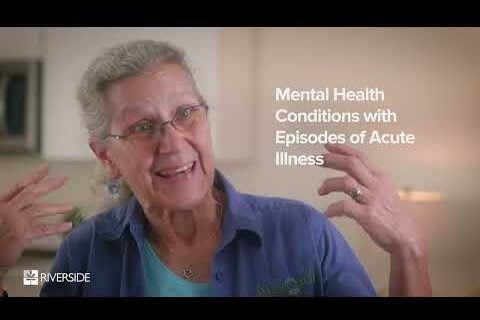
Teepa Snow, Dementia Care Specialist, shares what you need to know about conditions that can mimic dementia, but are actually reversible or treatable.

Skilled movements, like brushing teeth or opening car doors, are essential for daily living. Learn what happens when dementia triggers apraxia and these skills begin to fail.

Aphasia affects a person’s ability to communicate. It affects language functions, such as speaking, understanding what others say, and naming common objects. Learn its causes, types and a few tips.

Find out how two biomarkers in saliva diagnose pain in dementia, effectively and non-invasively.
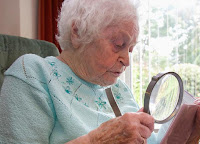
VIDEO + ARTICLE: Alzheimer’s is difficult to diagnose, but researchers now have a promising new screening tool, using the window to the brain: the eye.
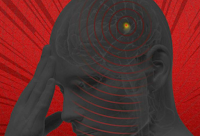
A British study has found the brain’s core for the "it hurts" experience. Think of what this could do for people with limited communication abilities,

DIAGNOSIS: A highly sensitive blood test has reached the market that can identify whether it is likely a patient has amyloid plaques in the brain,

DIAGNOSIS: In Lewy body dementia and Alzheimer’s, people can lose their ability to recognize faces. If this leads to a false belief, such as a
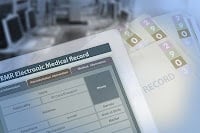
Researchers are working on a new tool that can be used in primary care settings to scan electronic health records for missed dementia cases, to

People with dementia are enjoying yoga and dance classes at the Alzheimer’s Association. See why caregivers find the classes “EXTREMELY helpful.”

Swiss researchers find that people with certain personality traits are protected against Alzheimer’s disease, including those who are less agreeable, had natural curiosity, and were nonconformists. Find out why.

Learn about ‘personalized music for dementia’ and its powerful effect on Alzheimer’s. See the Director of the hit film, ‘Alive Inside’, on the dementia-impact of music.

People with dementia are enjoying yoga and dance classes at the Alzheimer’s Association. See why caregivers find the classes “EXTREMELY helpful.”

Swiss researchers find that people with certain personality traits are protected against Alzheimer’s disease, including those who are less agreeable, had natural curiosity, and were nonconformists. Find out why.

Learn about ‘personalized music for dementia’ and its powerful effect on Alzheimer’s. See the Director of the hit film, ‘Alive Inside’, on the dementia-impact of music.
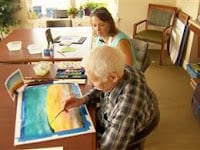
The brush strokes are precise, the colors vibrant. See a Colorado art program help patients rise above dementia, while the paintings raise money for The Alzheimer’s Association.
No spam, only news and updates.


